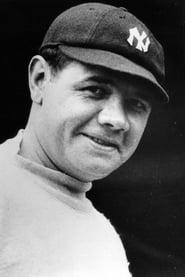
Reel Baseball - 1899-1926(2007)
A cornucopia of early - and, in many cases, extremely rare - baseball films, offering privileged peeks into early twentieth century American lifestyles and values. It includes newly remastered and scored versions of two important early baseball features: The Busher (1919), a delightful comedy-drama featuring silent cinema legends Charles Ray, Colleen Moore, and John Gilbert; and Headin' Home (1920), spotlighting a young, shockingly svelte Babe Ruth in his first motion picture starring role.
Movie: Reel Baseball - 1899-1926
Similar Movies
 7.6
7.6Battleship Potemkin(ru)
A dramatized account of a great Russian naval mutiny and a resultant public demonstration, showing support, which brought on a police massacre. The film had an incredible impact on the development of cinema and is a masterful example of montage editing.
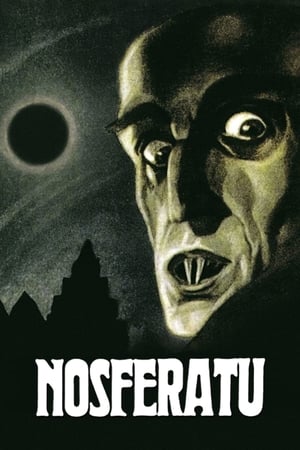 7.7
7.7Nosferatu(de)
The mysterious Count Orlok summons Thomas Hutter to his remote Transylvanian castle in the mountains. The eerie Orlok seeks to buy a house near Hutter and his wife, Ellen. After Orlok reveals his vampire nature, Hutter struggles to escape the castle, knowing that Ellen is in grave danger. Meanwhile Orlok's servant, Knock, prepares for his master to arrive at his new home.
 7.1
7.1Nanook of the North(en)
This pioneering documentary film depicts the lives of the indigenous Inuit people of Canada's northern Quebec region. Although the production contains some fictional elements, it vividly shows how its resourceful subjects survive in such a harsh climate, revealing how they construct their igloo homes and find food by hunting and fishing. The film also captures the beautiful, if unforgiving, frozen landscape of the Great White North, far removed from conventional civilization.
 6.9
6.9Olympia: Part One – Festival of the Nations(de)
Commissioned to make a propaganda film about the 1936 Olympic Games in Germany, director Leni Riefenstahl created a celebration of the human form. This first half of her two-part film opens with a renowned introduction that compares modern Olympians to classical Greek heroes, then goes on to provide thrilling in-the-moment coverage of some of the games' most celebrated moments, including African-American athlete Jesse Owens winning a then-unprecedented four gold medals.
 6.7
6.7Olympia: Part Two – Festival of Beauty(de)
Commissioned to make a propaganda film about the 1936 Olympic Games in Germany, director Leni Riefenstahl created a celebration of the human form. Where the two-part epic's first half, Festival of the Nations, focused on the international aspects of the 1936 Olympic Games held in Berlin, part two, The Festival of Beauty, concentrates on individual athletes such as equestrians, gymnasts, and swimmers, climaxing with American Glenn Morris' performance in the decathalon and the games' majestic closing ceremonies.
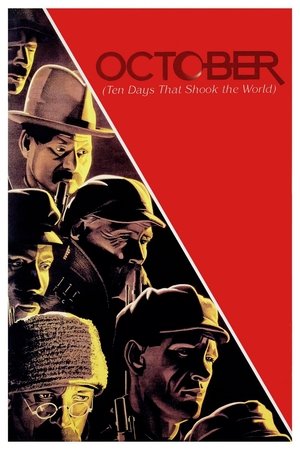 6.9
6.9October (Ten Days that Shook the World)(ru)
Sergei M. Eisenstein's docu-drama about the 1917 October Revolution in Russia. Made ten years after the events and edited in Eisenstein's 'Soviet Montage' style, it re-enacts in celebratory terms several key scenes from the revolution.
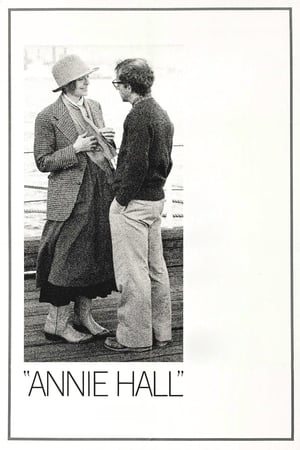 7.7
7.7Annie Hall(en)
New York comedian Alvy Singer falls in love with the ditsy Annie Hall.
 6.7
6.7Workers Leaving the Lumière Factory(fr)
Working men and women leave through the main gate of the Lumière factory in Lyon, France. Filmed on 22 March 1895, it is often referred to as the first real motion picture ever made, although Louis Le Prince's 1888 Roundhay Garden Scene pre-dated it by seven years. Three separate versions of this film exist, which differ from one another in numerous ways. The first version features a carriage drawn by one horse, while in the second version the carriage is drawn by two horses, and there is no carriage at all in the third version. The clothing style is also different between the three versions, demonstrating the different seasons in which each was filmed. This film was made in the 35 mm format with an aspect ratio of 1.33:1, and at a speed of 16 frames per second. At that rate, the 17 meters of film length provided a duration of 46 seconds, holding a total of 800 frames.
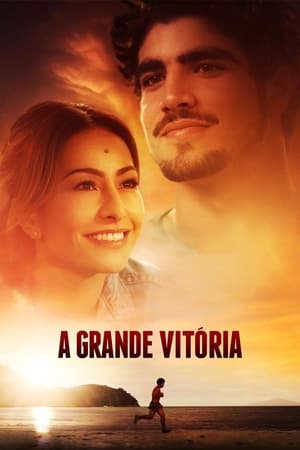 5.8
5.8The Great Victory(pt)
Independent feature film based on the biography of a Brazilian judo with a great victory that went beyond the mats and medals.
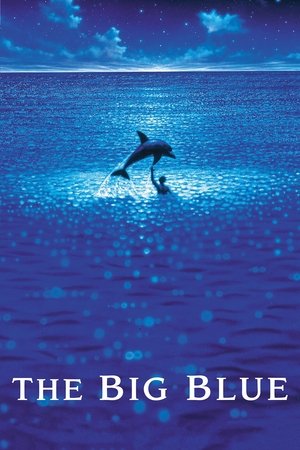 7.5
7.5The Big Blue(fr)
Two men answer the call of the ocean in this romantic fantasy-adventure. Jacques and Enzo are a pair of friends who have been close since childhood, and who share a passion for the dangerous sport of free diving. Professional diver Jacques opted to follow in the footsteps of his father, who died at sea when Jacques was a boy; to the bewilderment of scientists, Jacques harbors a remarkable ability to adjust his heart rate and breathing pattern in the water, so that his vital signs more closely resemble that of dolphins than men. As Enzo persuades a reluctant Jacques to compete against him in a free diving contest -- determining who can dive deeper and longer without scuba gear -- Jacques meets Johana, a beautiful insurance investigator from America, and he finds that he must choose between his love for her and his love of the sea.
 7.5
7.5Berlin: Symphony of a Great City(de)
A day in the city of Berlin, which experienced an industrial boom in the 1920s, and still provides an insight into the living and working conditions at that time. Germany had just recovered a little from the worst consequences of the First World War, the great economic crisis was still a few years away and Hitler was not yet an issue at the time.
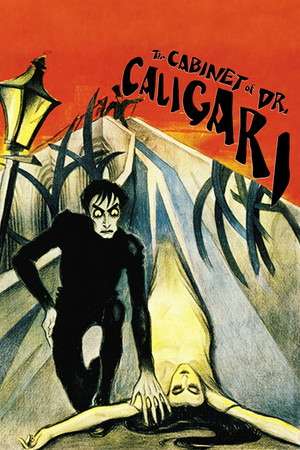 7.9
7.9The Cabinet of Dr. Caligari(de)
Francis, a young man, recalls in his memory the horrible experiences he and his fiancée Jane recently went through. Francis and his friend Alan visit The Cabinet of Dr. Caligari, an exhibit where the mysterious doctor shows the somnambulist Cesare, and awakens him for some moments from his death-like sleep.
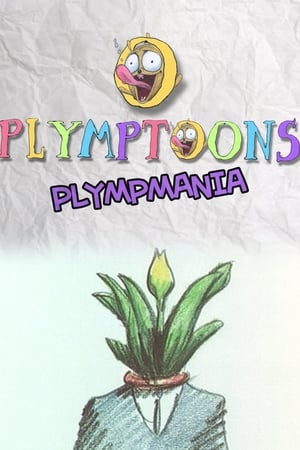 5.7
5.7Plympmania(en)
The best wacky, surreal pieces made for the Fox TV show "The Edge."
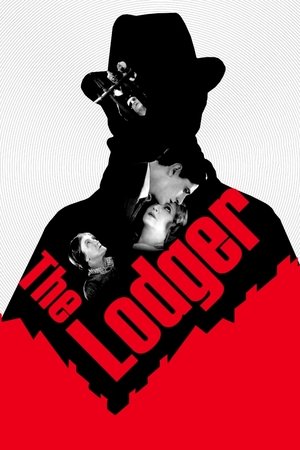 7.1
7.1The Lodger: A Story of the London Fog(en)
London. A mysterious serial killer brutally murders young blond women by stalking them in the night fog. One foggy, sinister night, a young man who claims his name is Jonathan Drew arrives at the guest house run by the Bunting family and rents a room.
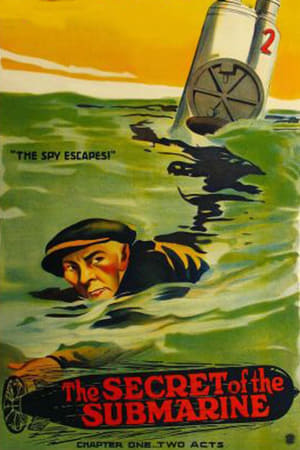 0.0
0.0The Secret of the Submarine(en)
An American adventure film serial comprised of fifteen episodes of two reels (24 min) each. All chapters are presumed lost.
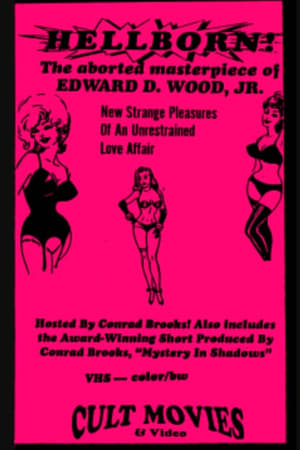 6.0
6.0Hellborn(en)
Conrad Brooks discusses "Hellborn," his unfinished movie with Ed Wood, and other projects
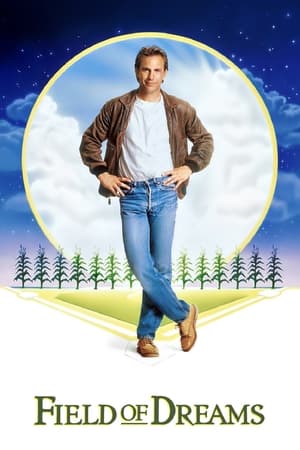 7.1
7.1Field of Dreams(en)
Ray Kinsella is an Iowa farmer who hears a mysterious voice telling him to turn his cornfield into a baseball diamond. He does, but the voice's directions don't stop -- even after the spirits of deceased ballplayers turn up to play.
 0.0
0.0The Three Stooges Follies(en)
Released to theaters in 1974, this collection of vintage Columbia short subjects included: "Yes, We Have No Bonanza" with The Three Stooges; "Violent Is the Word for Curly" with The Three Stooges; "You Nazty Spy!" with The Three Stooges (replaced by "Men in Black" for the nontheatrical reissue); "Nothing But Pleasure" with Buster Keaton; "Strife of the Party" with Vera Vague; Chapter 1 of the 1943 "Batman" serial with Lewis Wilson and Douglas Croft; and "America Sings with Kate Smith."
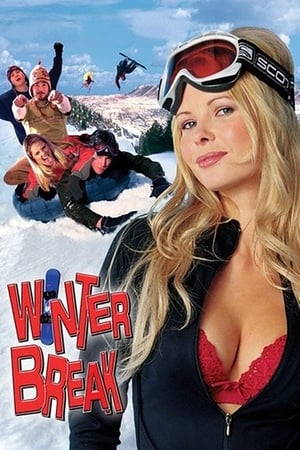 4.2
4.2Winter Break(en)
Viscerally experience a "year off" in Aspen, Colorado with a group of recent college grads who have elected to defer graduate school and career opportunities to ski, snow-board, climb, party, fall in love and basically live life to its absolute fullest out in this spectacular mountain town.
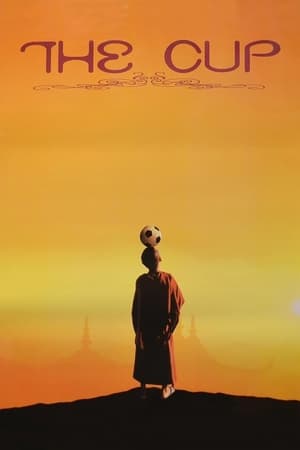 6.5
6.5The Cup(bo)
While the World Cup is being played in France, two young Tibetan refugees arrive at a monastery in India. The atmosphere of serene contemplation is soon disrupted by soccer fever, as the two students desperately seek a TV to watch the final.

